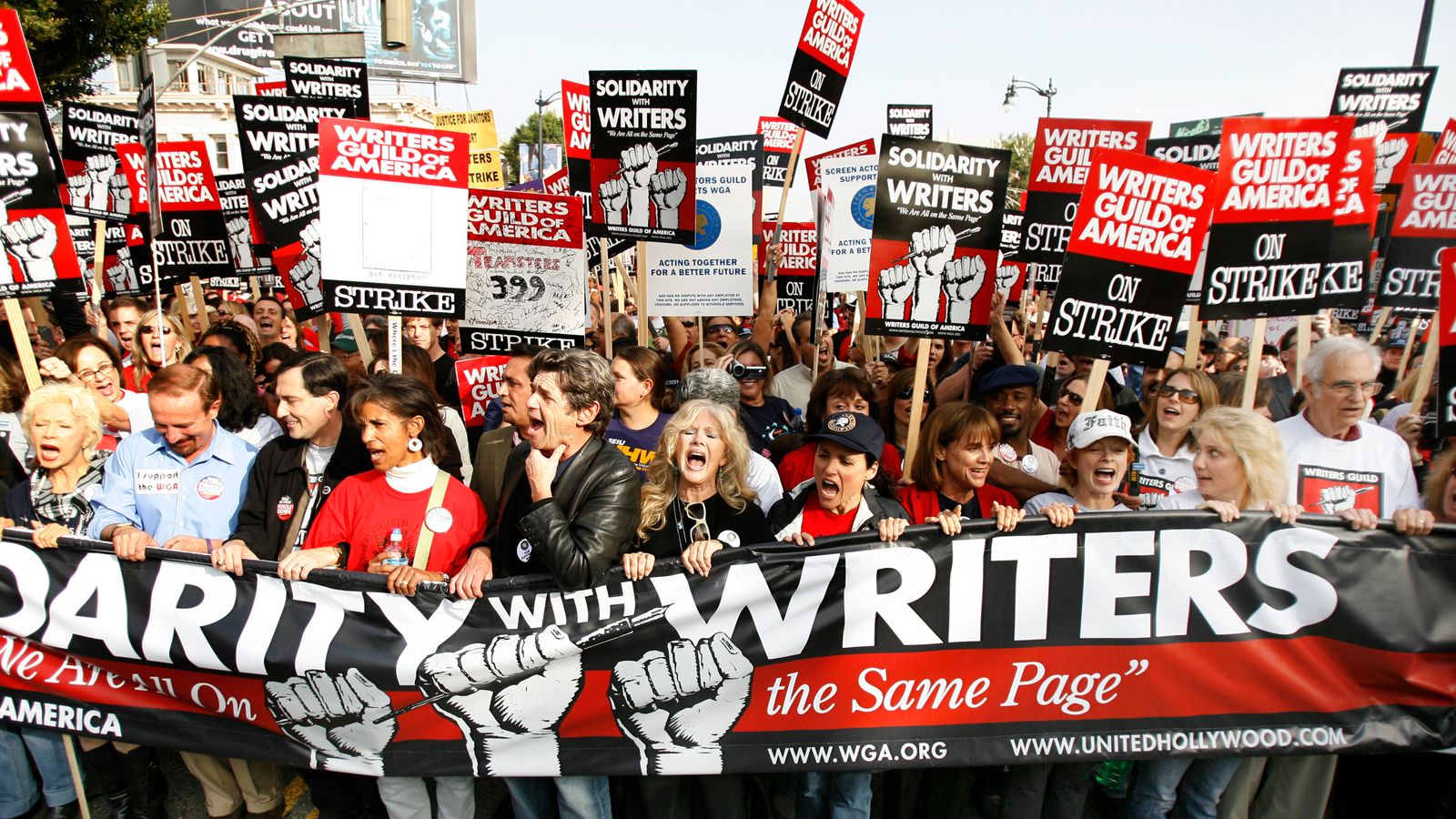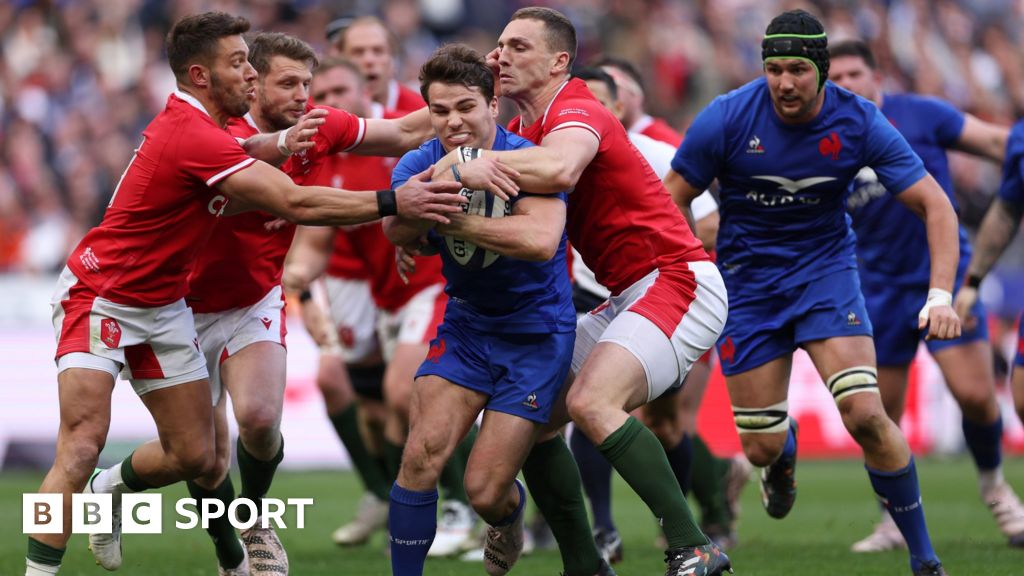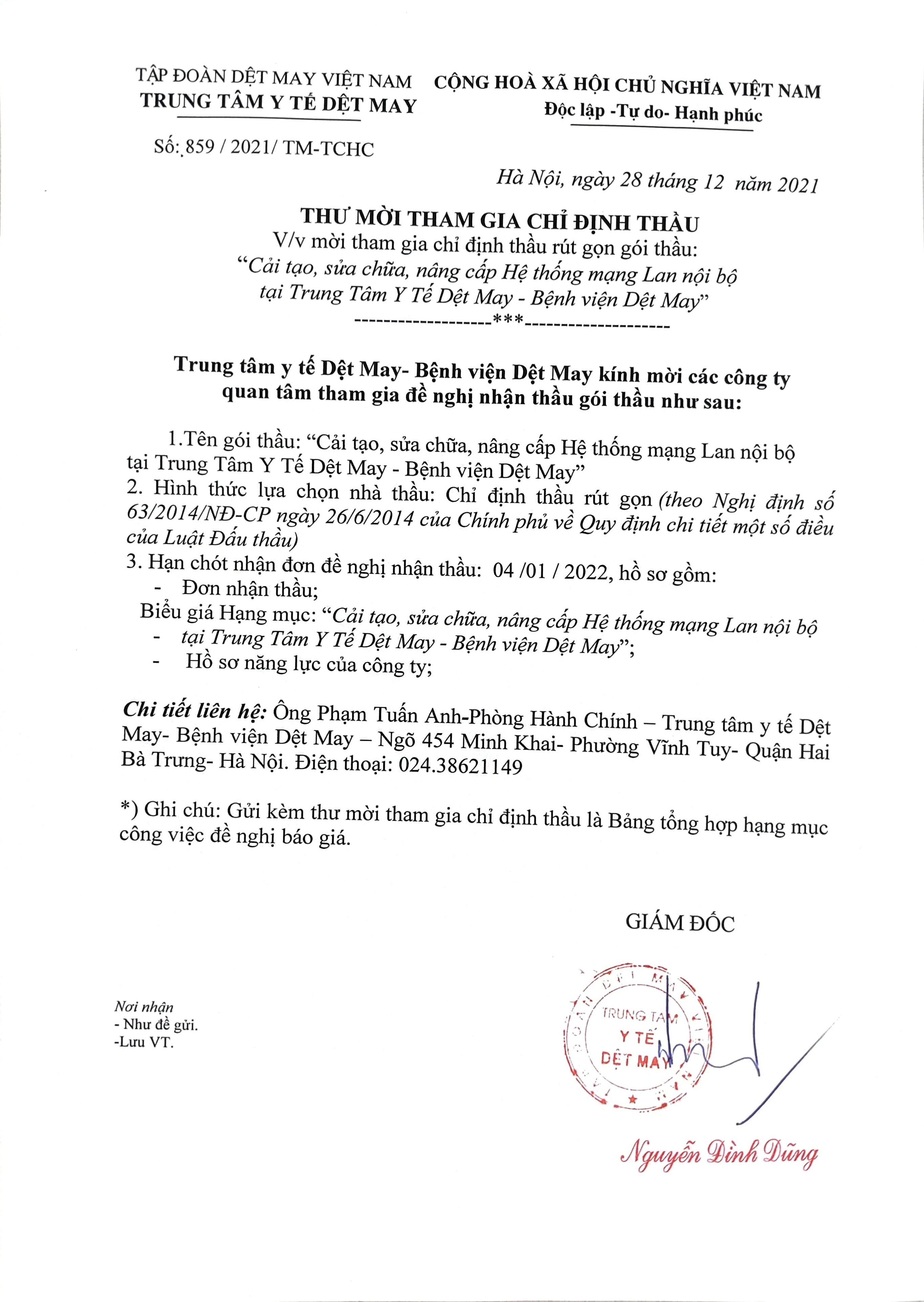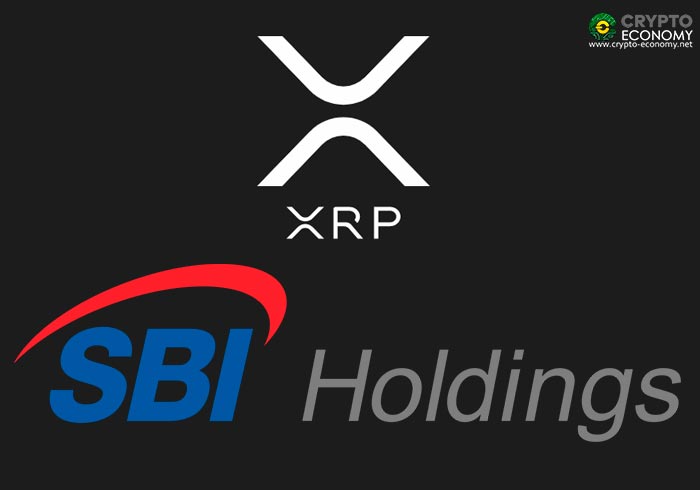Hollywood Shut Down: Actors And Writers On Strike — What It Means For Film And TV

Table of Contents
The Roots of the Hollywood Strike: Key Demands of SAG-AFTRA and WGA
The current Hollywood strike is fueled by a complex web of issues stemming from the fundamental changes in the entertainment industry, particularly the rise of streaming. Both the WGA and SAG-AFTRA have presented a united front, demanding significant improvements in their working conditions and compensation.
The core issues driving the strike include:
-
Fair Wages and Residuals in the Streaming Era: Traditional models of compensation, particularly residuals for actors and writers from reruns and syndication, have been severely impacted by the shift to streaming. Streaming platforms often pay lump sums instead of residuals, leaving many actors and writers with significantly reduced income despite the success of their projects. This is a key point of contention, with both unions demanding fair and equitable compensation that reflects the value of their work in the digital age. Keywords: SAG-AFTRA demands, WGA demands, streaming residuals, actor compensation, writer compensation, fair wages in streaming.
-
Protection Against AI Usage in Writing and Performance: The rapid advancement of artificial intelligence poses a significant threat to the livelihoods of writers and actors. The unions are demanding safeguards to prevent the use of AI to replace human creativity and talent. This includes preventing the use of AI to generate scripts, rewrite existing scripts, and create digital replicas of actors' performances without their consent or compensation. Keywords: AI in entertainment, AI rights, actors and AI, writers and AI, AI generated content, AI usage in film and TV.
-
Improved Health Benefits and Pension Plans: The unions are seeking improvements to health insurance and pension plans, citing inadequate coverage and rising costs. The current systems struggle to support the fluctuating income streams that many actors and writers experience. Keywords: actor health benefits, writer health benefits, pension plans, entertainment industry benefits.
-
Regulation of Self-Tapered Auditions: The prevalence of self-taped auditions, while convenient for studios, often puts actors at a disadvantage. SAG-AFTRA seeks regulations to ensure fair and equitable practices in the audition process. Keywords: self-taped auditions, actor auditions, SAG-AFTRA regulations.
-
Addressing Issues of Power Imbalance Between Studios and Creatives: At the heart of the strike lies a deep-seated power imbalance between the large studios and streaming platforms and the creative individuals who fuel the industry. The unions are fighting for a more equitable distribution of power and profits. Keywords: power imbalance in Hollywood, studio negotiations, entertainment industry power dynamics.
The Ripple Effects: How the Hollywood Strike Impacts Film and TV Production
The Hollywood strike isn't just affecting actors and writers; its consequences spread across the entire entertainment ecosystem. The immediate impact is a significant halt in production.
-
Delayed Release Dates for Upcoming Movies and TV Shows: Numerous film and television projects are experiencing significant delays, pushing back release dates and creating uncertainty for studios and audiences alike. Keywords: production delays, film release delays, TV show delays, movie delays.
-
Uncertainty for Production Crews and Other Workers: The strike creates instability and unemployment for a vast network of individuals who rely on the film and television industry for their livelihoods, including camera operators, editors, sound technicians, makeup artists, and many more. Keywords: industry disruptions, economic impact of strike, job losses in Hollywood.
-
Potential Financial Losses for Studios and Streaming Platforms: The production delays and stalled projects translate into substantial financial losses for studios and streaming platforms, affecting their bottom lines and potentially impacting investment in future projects. Keywords: financial impact of strike, studio losses, streaming platform losses.
-
Reduced Content Creation for Viewers: The strike ultimately means less new content for viewers, potentially leading to a shortage of fresh movies and TV shows. Keywords: content creation disruption, lack of new content.
Beyond the Screen: The Broader Implications of the Hollywood Strike
The Hollywood strike's ramifications extend far beyond the entertainment industry itself.
-
Job Losses Beyond the Immediate Production Crew: The ripple effect reaches numerous related industries, impacting businesses such as restaurants, hotels, transportation services, and local economies dependent on film and television production. Keywords: economic impact of strike, job losses, Hollywood economy.
-
Impact on Tourism Related to Film and TV Production: Areas that rely heavily on film tourism are also feeling the effects, with cancellations and reduced spending. Keywords: film tourism, economic impact on tourism.
-
Potential Changes in Production Models: The strike could catalyze long-term changes in the way films and TV shows are produced, potentially leading to innovations in production workflows and compensation models. Keywords: future of entertainment, production models, Hollywood's future.
-
The Debate about Fair Compensation and Working Conditions in the Entertainment Industry: The strike has sparked a wider conversation about fair labor practices and working conditions across various industries, highlighting the need for more equitable compensation and better protection for workers in a rapidly changing economy. Keywords: labor rights, fair labor practices, worker's rights, Hollywood labor disputes.
The Hollywood Strike: Looking Ahead and the Path Forward
The Hollywood strike represents a critical moment in the entertainment industry. The core issues—fair wages, protection against AI, and a more equitable power balance—are fundamental to the future of the creative process. The strike’s impact on production, the economy, and the cultural landscape is undeniable. The length and resolution of the strike remain uncertain, but its consequences will undoubtedly shape the future of Hollywood. To stay updated on the Hollywood strike, follow news sources dedicated to reporting on the ongoing negotiations and support the actors and writers in their fight for fair treatment. Check for updates on the Hollywood strike update, the actors and writers strike resolution, and ways to support the strike for the future of Hollywood.

Featured Posts
-
 Analyzing Frances Rugby Prospects Six Nations 2025
May 01, 2025
Analyzing Frances Rugby Prospects Six Nations 2025
May 01, 2025 -
 Tam Hop Xuat Sac Gianh Chien Thang Goi Thau Cap Nuoc Gia Dinh
May 01, 2025
Tam Hop Xuat Sac Gianh Chien Thang Goi Thau Cap Nuoc Gia Dinh
May 01, 2025 -
 X Failu Zvaigzdes Uzkulisiu Itampa Ir Tikroji Tiesa
May 01, 2025
X Failu Zvaigzdes Uzkulisiu Itampa Ir Tikroji Tiesa
May 01, 2025 -
 Ripple Xrp News Sbi Holdings Xrp Shareholder Reward Impacts The Market
May 01, 2025
Ripple Xrp News Sbi Holdings Xrp Shareholder Reward Impacts The Market
May 01, 2025 -
 The Trump Legacy And Its Continuing Impact On Nvidia
May 01, 2025
The Trump Legacy And Its Continuing Impact On Nvidia
May 01, 2025
